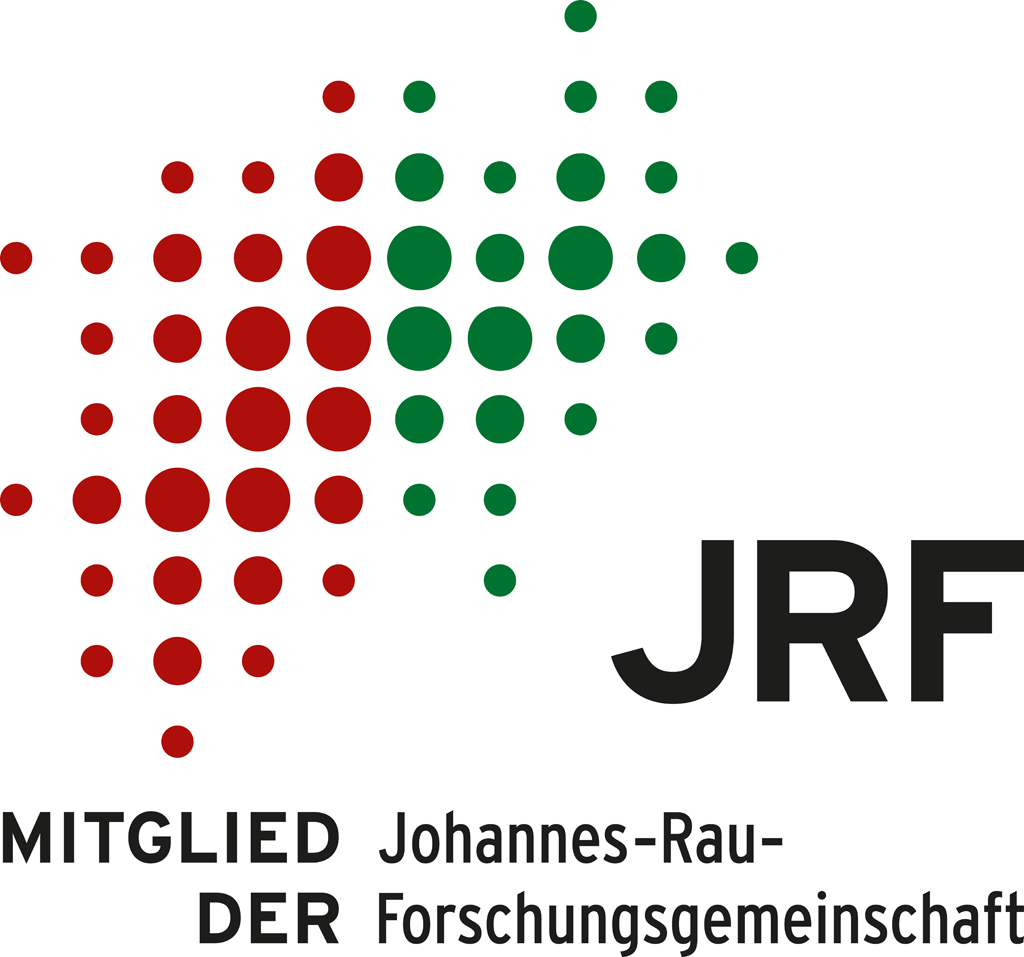Research projects
| Client: | Federal Ministry for Economic Affairs and Climate Action (BMWK) |
| Partner(s): | Oeko-Institut e.V.; IKEM – Institute for Climate Protection, Energy and Mobility e.V. |
| Time frame: | 02/2023 – 01/2026 |
Background and contribution
The nationwide expansion of renewable energies (RE) has become much more urgent and important. Climate neutrality is to be achieved by 2045 without endangering European energy security. In Germany there is a broad social consensus on the expansion of renewable energy, as shown by surveys. Nevertheless, there is often resistance to the regional and local implementation of specific RE projects on site.
The new binding target of dedicating at least 2% of the state and regional areas to renewable energy increases the pressure on the area and thus the potential for conflict. Possible conflicts can be found in particular in nature, landscape and monument protection as well as with agricultural and forestry land use. Different conflicting interests are already visible on the one hand between planning authorities, the energy industry and federal politics and on the other hand municipal politics and administration, environmental associations, agriculture and local residents on site or are to be expected to increase in the future.
Therefore, concepts, measures and instruments are needed for the early involvement of diverse stakeholders in RE planning processes that go beyond classic commenting procedures and discussion meetings. For this it is necessary to know the different interests and to include them appropriately in the processes of approvals of renewable energy systems. Potential conflict situations should be moderated and accompanied discursively at an early stage in order to be able to deal with existing or emerging conflicts. A deeper understanding of the respective regions and their characteristics and needs as well as forms of participation are required.
The PlanTieFEn project starts at this point with a transdisciplinary research approach. Together with local stakeholders, citizens and planners, innovative planning methods and processes for the implementation of the energy transition are to be developed and tested on site.
Goals
The PlanTieFEn project explores the deeper layers of regional energy transition planning and implementation. The research project ties in with the current specifications and regulations of the federal and state governments. This includes, for example, specifications for renewable energy area contribution values at federal level as well as climate protection specifications under state law or regional and land use plans. Within this framework, spatial identities, regional energy and planning cultures and regulations as well as RE potentials are fundamentally identified and linked in a collaborative process with practitioners from three model regions. This is done with the aim of showing region-specific planning approaches for a citizen-centred, collaborative implementation of the energy transition.
Project structure and work content
The interdisciplinary consortium - Öko-Institut e.V., ILS Research gGmbH, IKEM e.V. - is working on the project in three sub-projects:
- Sub-project A “Socio-technical factors in regional energy transition planning and transdisciplinary integration” (Plan/Soztec) by the Öko-Institut focuses on the interfaces and interactions between social and technical factors in energy transition planning. It ensures that social aspects are included in innovative planning practice. To this end, locally adapted forms of communication and participation are being developed and partially tested together with practitioners.
- Sub-project B "Planning factors of regional energy transition planning and regulation" (Plan/Reg) of the ILS analyses planning instruments and regulations that are used in the participatory design of the energy transition in the model regions.
- Sub-project C “Cultural-historical factors in regional energy transition planning and energy cultures” (Plan/EnKultur) by IKEM uses cultural-scientific methods in energy research in a systematic and model-forming manner. It determines whether drafts of energy narratives emerge in the respective cultural energy history.
The project is structured in a systematic, interdisciplinary and transdisciplinary manner in three research phases: Phase 1: Region typification (co-design); Phase 2: Participatory planning laboratories (co-production) and Phase 3: Regional energy visions (co-dissemination and co-evaluation). In these research phases, interdisciplinary and at the same time transdisciplinary perspectives for the local and regional energy transition in the model regions are developed from the different profiles of the project partners in cooperation with social actors. The aim is to implement this procedure in three model regions, namely in the "Trinational Metropolitan Region of the Upper Rhine" in Baden-Württemberg, the "Ruhr Area" in North Rhine-Westphalia and in "West Pomerania-Greifswald" in Mecklenburg-West Pomerania.
Results
The project identifies characteristics of the model regions and of the respective regional energy cultures. Based on this, it develops adapted forms of participation that can be converted into practical planning instruments and regulation. The project results are brought together visually and transferred to planning science, practice and the public via different addressee-oriented transfer formats and published in specialist journals.
Project leader:
- Prof. Dr.-Ing. Thomas Weith
Phone: +49 (0) 231 9051-252
E-Mail: thomas.weith@ils-research.de
Project team:
- Sarah Friese
Phone: + 49 (0) 231 9051-150
E-Mail: sarah.friese@ils-research.de - Jonas Marschall
Phone: +49 (0) 231 9051-271
E-Mail: jonas.marschall@ils-research.de
[« back]





